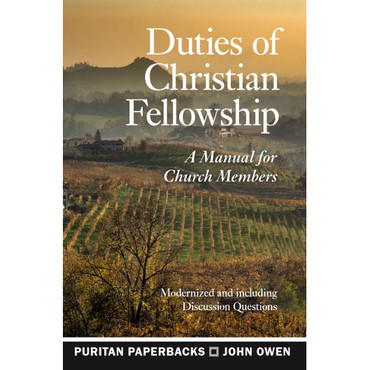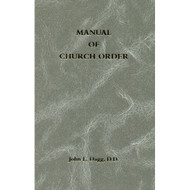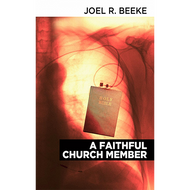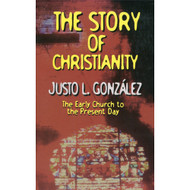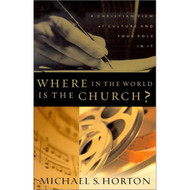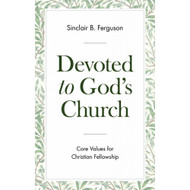Categories
Categories
Duties of Christian Fellowship: A Manual for Church Members
Product Description
Duties of Christian Fellowship deals with a matter of perennial concern for every truly Christian church. In just a few pages it sets out in very concise terms the responsibilities all Christians have, first, to their pastors, and then second, to one another within the fellowship of the local church.
John Owen was a pastor as well as a theologian and therefore this is a most practical manual of church fellowship. It was likely intended to be read by individuals with self-examination, meditation and prayer, but it would also be very suitable for group Bible study or adult Sunday School classes. This edition is enhanced by a modernized text and the addition of questions which have been added to facilitate group discussion.
Table of Contents
| Suggestions for the Use of this Book | 7 | |
| Foreword | 9 | |
| Section one | ||
| Rules for walking in fellowship with respect to the pastor of the congregation, with explanations of the rules, and motives for keeping them (Rules 1-7) | 11 | |
| Section two | ||
| Rules for walking in fellowship with respect to other believers, with explanations of the rules, and motives for keeping them (Rules 1-15) | 31 |
About the Author
John Owen was born in 1616 in Stadhampton, Oxfordshire and died in Ealing, West London, in 1683. During his sixty-seven years he lived out a life full of spiritual experience, literary accomplishment, and national influence so beyond most of his peers that he continues to merit the accolade of ‘the greatest British theologian of all time.’
No outline of Owen’s life can give an adequate impression of the stature and importance to which he attained in his own day. He was summoned to preach before Parliament on several occasions, most notably on the day after the execution of Charles I. During the Civil War, Owen’s merit was recognized by General Fairfax, then by Cromwell who took him as a Chaplain to Ireland and Scotland. He was adviser to Cromwell, especially though not exclusively on ecclesiastical affairs, but fell from the Protector’s favour after opposing the move to make him King. In 1658 he was one of the most influential members of the Savoy Conference of ministers of Independent persuasion. After the Ejection he enjoyed some influence with Charles II who occasionally gave him money to distribute to impoverished ejected ministers. All in all, he was, with Richard Baxter, the most eminent Dissenter of his time.
Despite his other achievements, Owen is best famed for his writings. These cover the range of doctrinal, ecclesiastical and practical subjects. They are characterized by profundity, thoroughness and, consequently, authority. Andrew Thomson said that Owen ‘makes you feel when he has reached the end of his subject, that he has also exhausted it.’ Although many of his works were called forth by the particular needs of his own day they all have a uniform quality of timelessness. The Trust has reprinted his Works in twenty-three volumes.
 Loading... Please wait...
Loading... Please wait... 
